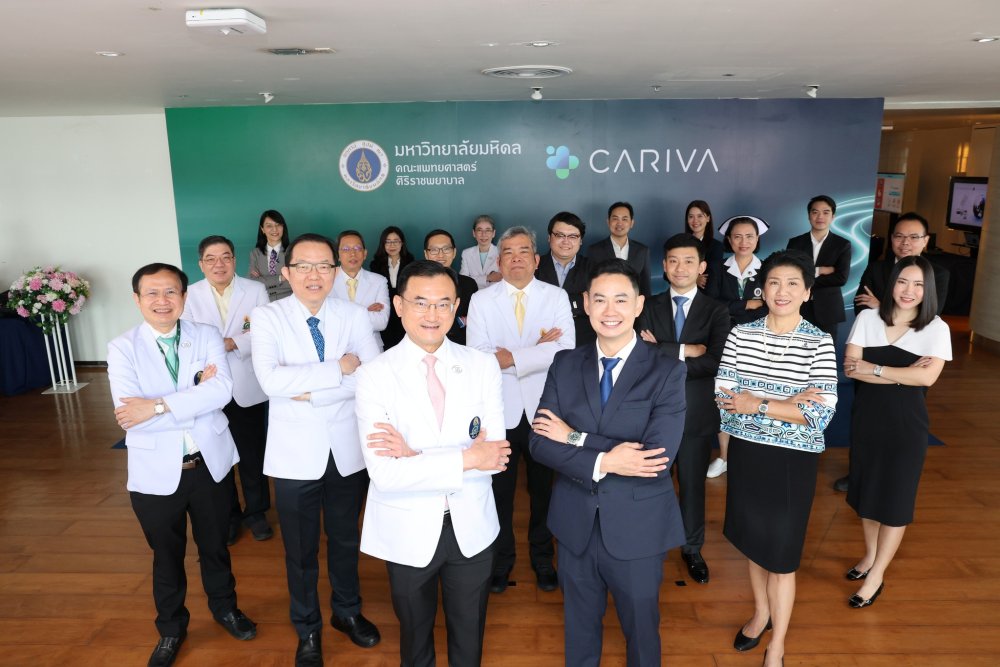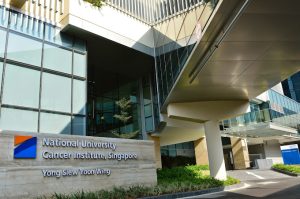In a landmark collaboration, Siriraj Hospital’s Faculty of Medicine at Mahidol University is partnering with Thai AI startup Cariva to transform the future of medical care in Thailand and the wider Asia-Pacific region.
This collaboration between Siriraj Hospital and Cariva aims to solidify Thailand’s reputation as a medical hub and facilitate the export of AI-driven healthcare innovations to the Asia-Pacific region.
Revolutionising Healthcare
“As a leading public hospital serving 10,000 patients daily, we are poised to revolutionise medical services with AI,” stated Dr Apichat Asavamongkolkul, faculty dean at Siriraj Hospital. The collaboration aims to make Thailand a key player in exporting cutting-edge AI health-tech solutions to the Asia-Pacific.
Meeting the Challenges Head-On
According to Dr Cherdchai Nopmaneejumruslers, the project aims to “address the shortage of medical staff while upholding ethical standards and complying with the Personal Data Protection Act.” Not only will the AI technology improve accuracy, but it will also give doctors more time for patient interaction. He asserted that the project will strengthen the AI medical ecosystem in Thailand. He said that AI will automate certain tasks to assist overworked medical staff.
Initiatives Underway
SiCAR Ai Lab
The first project involves the creation of SiCAR Ai Lab this month, providing a testbed for emerging medical AI technologies. Consequently, this platform will allow Thai startups to push the boundaries of health diagnostics, contributing to an improved medical AI ecosystem.
The Game-Changing RAD Scan AI
Secondly, the Radiology Department at Mahidol University is developing RAD Scan AI capable of analysing complex medical images such as tumours. Developed by Cariva, this AI technology significantly reduces preparation time for medical staff. “The ability to see 3D models with AI analysis will help physicians see organs more clearly. This can shorten the surgery time in operating rooms,” said Dr Apichat.
NanoPGx: The Future of Gene Analysis
Additionally, the Siriraj Genomics Centre will introduce NanoPGx, a nanopore-based pharmacogenomics solution. This high-precision system can identify potential medication allergies and applies universally, not limiting itself to a specific population.
R&D Centre for AI
Lastly, the Center for Value Driven Care (VDC) is another venture in the pipeline. It is aimed at developing innovations that combine medical expertise from Siriraj with technological advancements in AI. The faculty owns the R&D centre, which aims to develop innovation and link Siriraj’s medical expertise with new technological advances.
The Road Ahead
“We aim to establish incubation and accelerator programmes for medtech and AI startups by year-end,” Dr Cherdchai mentioned, highlighting the hospital’s commitment to nurturing the future of healthcare technology.
Also, Siwadol Matayakul, CEO of Cariva, shared that the company is setting its sights high. “Our goal is to become a unicorn startup by 2028,” he announced.
Conclusion
This partnership not only aims to fill gaps in Thailand’s healthcare system but also aspires to make a significant impact in the Asia-Pacific medical AI scene. In the words of Dr Apichat, “AI will change the world, and we can’t afford to be left behind.”
This collaboration between Siriraj Hospital and Cariva offers a glimpse into a future where technology and healthcare go hand in hand. Subsequently, it will deliver better outcomes for patients across Asia and beyond.
Credit: AI and Robotics Ventures Facebook page














